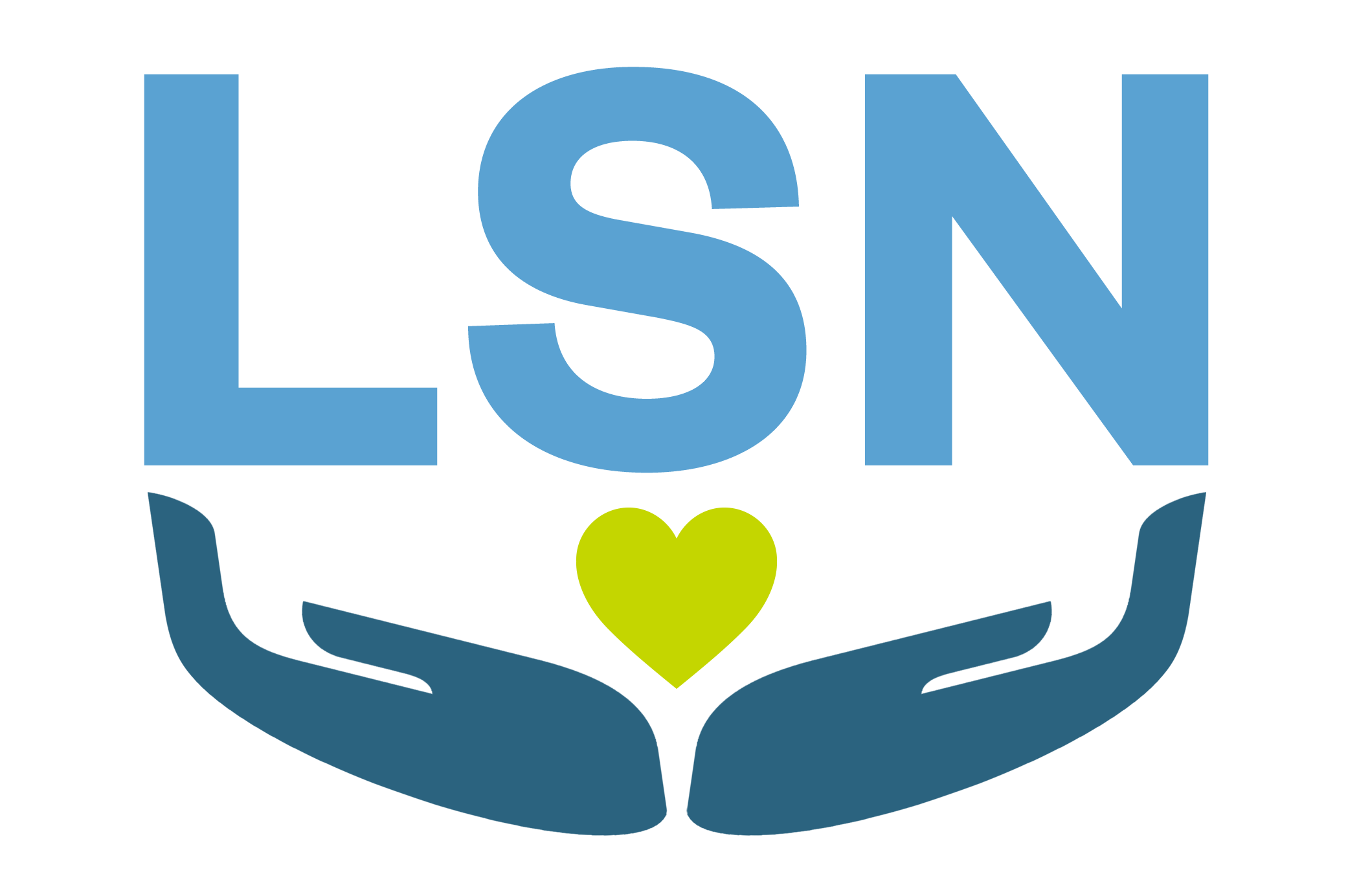Myths about Eating Disorders

Myth: Only thin people have eating disorders
- It is difficult to predict whether or not someone has an eating disorder because not all eating disorders are determined by the size and weight of a person.
- An eating disorder is not always easy to detect based on weight. People suffering from bulimia, for example, tend to be at an average, or even above average, weight. In addition, people suffering from compulsive overeating are typically overweight rather than underweight.
Myth: Eating disorders are a choice – and for some people, they’re a lifestyle.
- People don’t choose to have an eating disorder. Attempts to be thinner or healthier can turn into obsessive or out-of-control behavior.
Myth: You can never exercise TOO much.
- While in most cases exercise can be very beneficial, too much exercise, and not enough calorie absorption in the body, can be harmful. Excessive exercise can be very unhealthy causing problems such as dehydration, fatigue, injuries such as shin splints, cartilage damage and stress fractures, Osteoporosis, Amenorrhea, heart problems and Arthritis.
Myth: I just like to diet / exercise / am selective about what I eat. I don’t have an eating disorder.
- Disordered eating is when a person’s attitudes about food, weight, and body size lead to very rigid eating and exercise habits that jeopardize one’s health, happiness, and safety. Disordered eating may begin as a way to lose a few pounds or get in shape, but these behaviors can quickly get out of control, become obsessions, and may even turn into an eating disorder
Image Source: http://www.nedc.com.au/fact-sheets
Adapted from https://www.nationaleatingdisorders.org/can-you-tell-anything-persons-weight & http://www.allianceforeatingdisorders.com/portal/debunking-eating-disorder-myths#.VYle-UZmrsY
Sharing and printing options:

